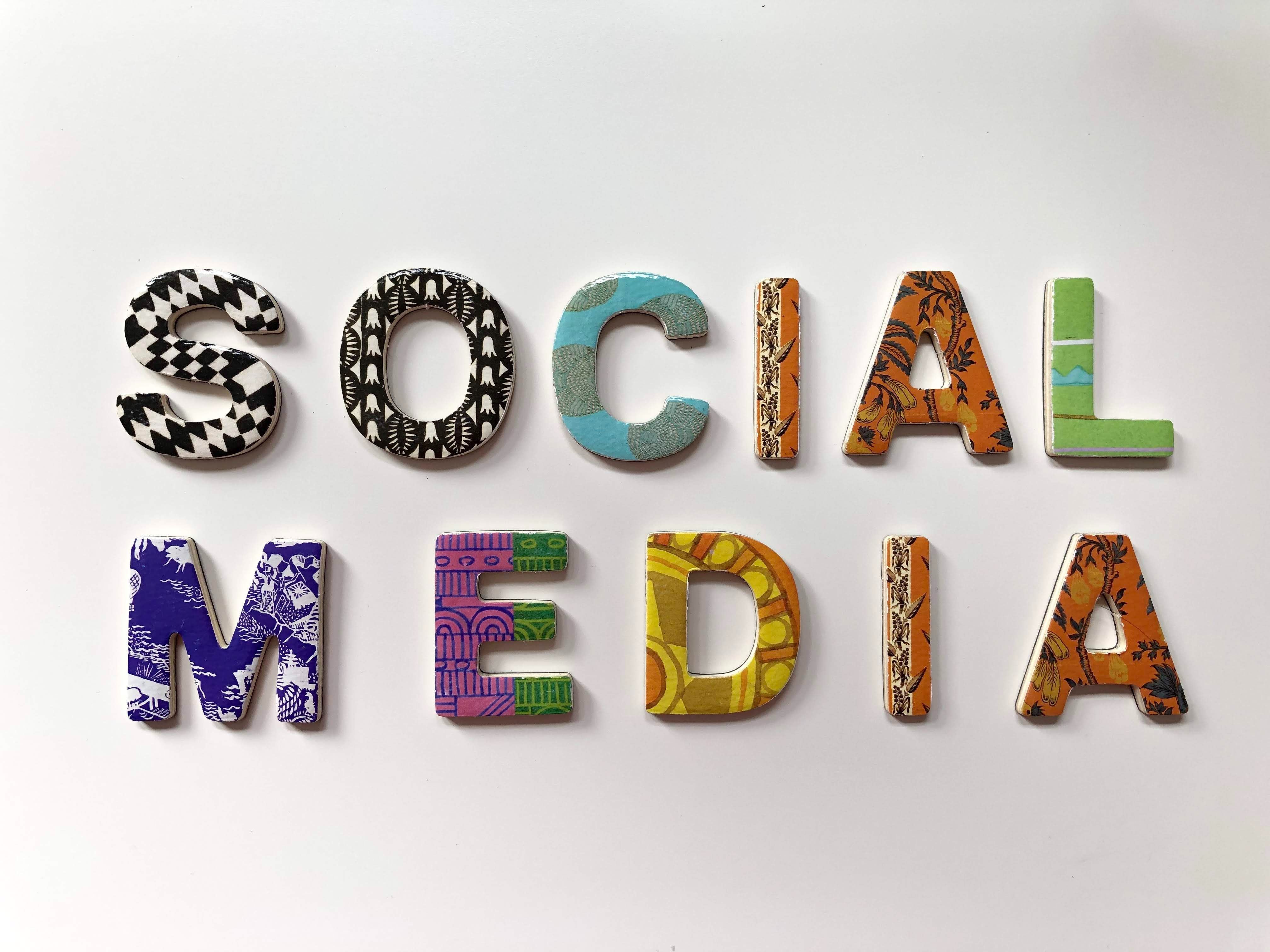
Alternate Social Media Platforms – A Temporary Aberration or A Legitimate Disruptor?
Social media platforms operate on a principle called a network effect, where the value of a good or service is increased by an increase in the number of people using it.
In the case of social media platforms, their value consists entirely of the size of their network. An individual user makes a Facebook account only if other people that they want to interact with are also on that platform. Additionally, these platforms’ main income stream comes from advertisers, and as far as their marketing budget is concerned, the only meaningful distinguishers between social media platforms are the size and relevancy of that platform’s user base to their own product/service. If a social media platform gains traction, it can quickly snowball to a critical mass, leaving other competitors far behind.
So, when 2020 has seen a wave of alternate social media platforms achieving widespread adoption, two questions quickly come to mind. First, why have these platforms gained traction all of a sudden? Second, are these platforms here to stay, or will this rising tide be gone by the next new moon?
Why are they here, and why now?
Social media played an unprecedented role in the 2016 U.S. Presidential elections as they became inextricably interwoven into America’s body politic and how news was disseminated and shared. Its involvement led to bipartisan inquiries into whether Facebook was meaningfully protecting U.S. citizens from disinformation, voter suppression, and breaches of privacy in the wake of the Cambridge Analytica scandal. Both Congress and Facebook concluded that there were shortcomings that needed to be addressed to safeguard the American public.
Fast forward to 2020, and a pandemic has taken the world hostage, and we cannot assume that life will return to normalcy until the widespread distribution of an effective vaccine happens. It was also an election year for the U.S., and American social media giants moved to make good on their promise through more stringent self-regulation of their platforms. As the election loomed closer, the issue of how the COVID-19 pandemic was handled by President Donald Trump was brought to the political centre-stage of the nation, and both Facebook and Twitter then took to the task of combating misinformation about the pandemic and the election itself. For example, Facebook took down a post by President Donald Trump that falsely claimed COVID-19 was “far less lethal” than the flu, whilst Twitter took to labelling that same post as potentially misleading on Twitter instead.
Their actions of regulating and editorialising their own platform did not sit well with American conservatives, with Republican senators accusing the two companies of housing an anti-conservative bias. The accusations reached a fever pitch when a New York Post article with allegations of President-elect Joe Biden, Hunter Biden, was temporarily blocked by Twitter, an act that has since been reversed.
In all, concerns over censorship and user privacy sparked demand for a new type of social media platform. Platforms like Parler and MeWe quickly gained traction throughout 2020, with each platform boasting userbases numbering in the millions. Both these platforms promised to uphold similar values to their users: to not sell their information to outside entities, to respect data privacy, and to generally be free from censorship. In particular, MeWe’s website sports the tagline: “Your private life is #Not4Sale. No Ads. No Spyware. No BS”.
Should marketers be shifting to these alternative platforms?

Photo Credit: William Iven, Unsplash.com
For this article, we will be framing this discussion around MeWe.
There are a few reasons why these platforms hold potential for marketers.
Chiefly, these platforms are still nascent in their growth and market share, and brands moving to these spaces will enjoy a first-mover advantage. Though MeWe lacks the targeted advertising options that seasoned marketers would be accustomed to using on Facebook and Instagram, brands and businesses can pay a small monthly fee to set up their own business page and grow it organically. As MeWe’s userbase is still comparatively minuscule to the incumbents, there is a chance that you would be able to snag a large chunk of followers before your competitors even join the platform.
Second, if your product/service is tailored towards users who value data privacy and/or are anti-censorship, creating a page on MeWe will give you access to a desirable “targeted” audience. Here, the audience is “targeted” by virtue of self-selection rather than through data analytics by traditional social media networks.
Thirdly, given that there will be no ads on MeWe, the playing field will also be evened between small businesses and larger corporations on the platform. Theoretically, the content will be disseminated based on their “quality” and not by how much marketing budget will be behind promoting those posts.
However, before you create a profile on MeWe, you may want to consider the following.
- As MeWe and other similar services are nascent platforms, outlook on their long-term growth remains uncertain. Both MeWe and Parler experienced spikes in downloads following the election, and while Parler has been essentially taken off the internet, it is unclear if MeWe will be able to maintain their momentum at this current point in time. As growing a brand presence will require organically growing your page, it is unclear at this current point in time if the platforms hold promise for such a large investment of resources.
- Additionally, the lack of capability to use targeted ads makes it more difficult for advertisers looking to find users on time-sensitive campaigns. Re-marketing will also not be as easy or refined compared to re-marketing via Facebook, where re-marketing audiences are easily constructed from Facebook Pixels and other pre-existing audience data you would have collected.
What do you think?
As these platforms are still in relative infancy, we will need to wait at least a few months to see if their growth persists beyond the spike of user signups from the November election. Do you think that these platforms hold potential for your brand? Why or why not? Let us know!


